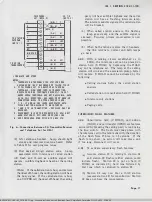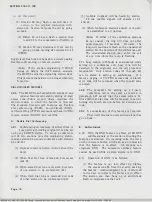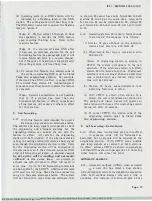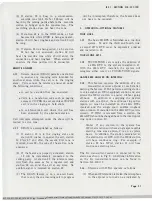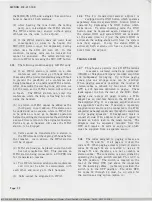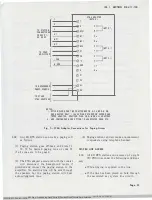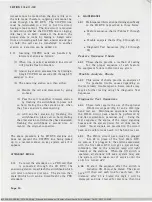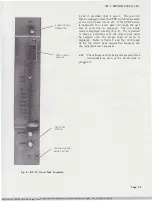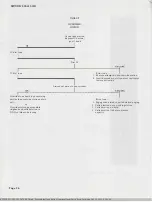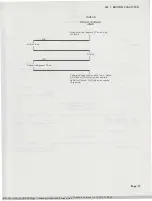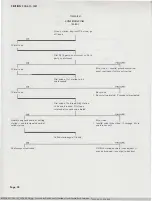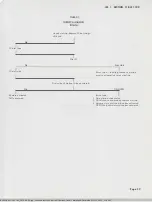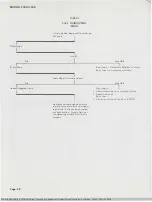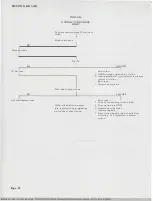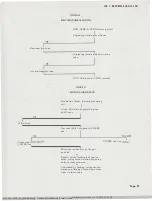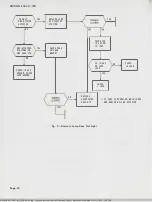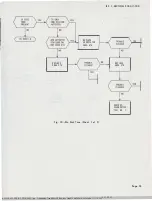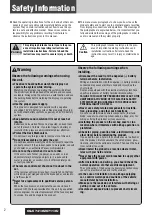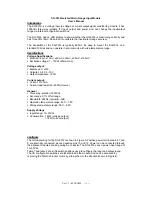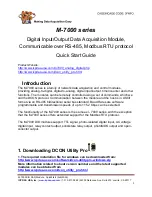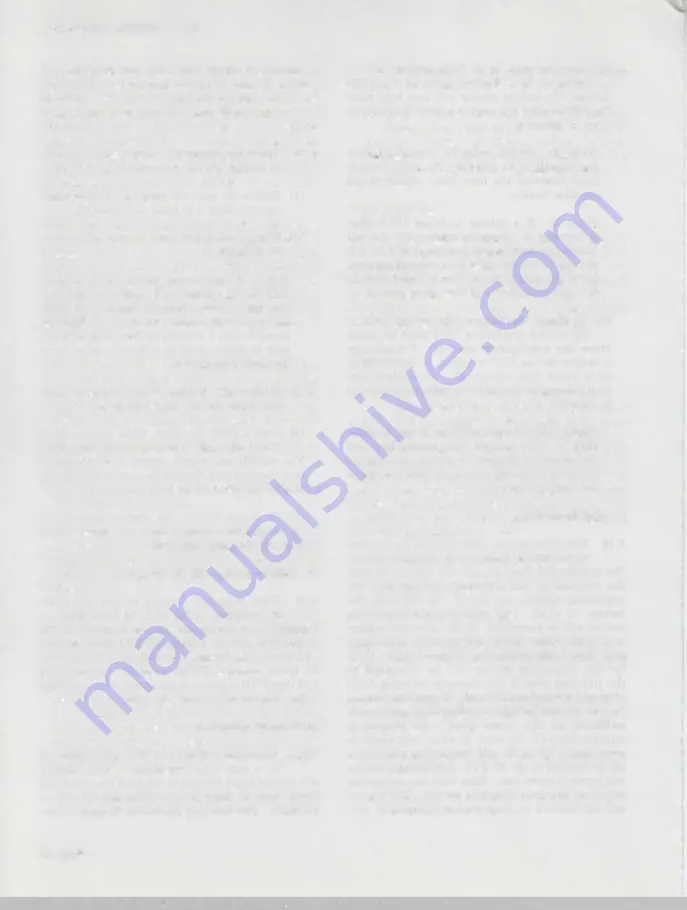
SECTION 5 1 8-4 1 1 - 1 00
in calling station 30 and if station 20 activates
ACBK, the system will call back station 20 when
station 30 becomes idle, then ring station 30. The
system can process up to eight requests for ACBK.
The ninth request will result in busy tone indicating
memory is unavailable. A station can originate
only one ACBK call at a time, but the called party
can receive more than one ACBK call. An attempt
to originate more than one ACBK call at a time
will result in error tone.
4. 1 6
The called station in an ACBK connection
cannot be a station in the DND mode, a
paging access code, or a CO/PBX access code
(results in error tone). If the
calling
station has
activated call forwarding to another station in
addition to ACBK, the ACBK call will still go to
the
cal ling
station. If the
cal led
station is call
forwarding, the ACBK call will be forwarded to
the alternate station.
4. 1 7
Once originated, the ACBK feature stays in
effect until (a) the callback call is completed,
(b) the feature is canceled by the originating station,
or (c) the system attempts ACBK and the originating
station does not answer in approximately 16 seconds.
4. 1 8
The automatic callback feature operates as
follows:
(1) Assume station 20 is calling station 30 and
receives a busy tone.
(2) Station 20 flashes the switchhook to obtain
dial tone again, dials 09, and when a second
dial tone is received, then dials 30. Acknowledgment
tone will be heard by station 20, indicating the
feature is in effect.
Note:
If station 30 becomes idle while ACBK
is being effected, the system will complete
the call by ringing station 30 and returning
audible ringback to station 20. The ACBK
feature will not be put into effect.
(3) When both stations are idle and a link is
available, the system will attempt to complete
the call. Station 20 will be rung first and when
it answers, station 30 will be rung. Station 20
will hear ringback as an indication that the ACBK
call is being attempted.
(4) If during callback, station 30 becomes busy
again before station 20 answers,
cal lback
Page 20
will be suspended
and the system will attempt
completion again when both stations are idle.
(5) If it is desired to cancel ACBK before the
system has completed the call, station 20
must go off-hook and dial its own code
from
sta tion
20.
Acknowledgment tone will be
returned to station 20 to indicate the feature is
canceled.
CALL SCREENING
4 . 1 9
Where desired, station 2 0 can also activate
DND (see paragraph 4.10) after ACBK to
selectively screen incoming calls; that is, with
DND in effect, all incoming calls to station 20 will
receive busy tone, but the ACBK call will be
completed. Once ACBK has been completed, DND
can be canceled to permit other incoming calls.
OVERRIDE
4.20
This feature permits selected stations to
bridge onto other stations that are in a busy
status, that is, engaged in conversation or in the
DND mode. Override (OVRD) is availahle in two
versions depending on the location of the toggle
switch on the rear of the 572A1 KSU (Fig. 1).
With the switch in one position, station codes 10
and 11 have override capability (factory-provided)
in the other position, codes 10 throu,r� 19 are
override stations.
OVRD cannot be effected to
the following stations or codes:
•
A station in consultation hold
•
A paging access code
•
A CO/PBX access code.
Any of the preceding conditions will result in error
tone being returned to the station attempting
override.
4.2 1
Assuming station 10 encountered a busy in
calling station 20 and wishes to override,
the sequence is as follows:
(1) Station 10 flashes to obtain system dial tone
and dials 01.
(2) When second dial tone is heard, >tation 10
dials station code 20.
BSP 518·411·100-i01_1978-08·20.jpg Scanned by Fra n k Harrell, (Cowboy Frank) Castle Rock, Colorado Oct 15, 2012 21:01:21












